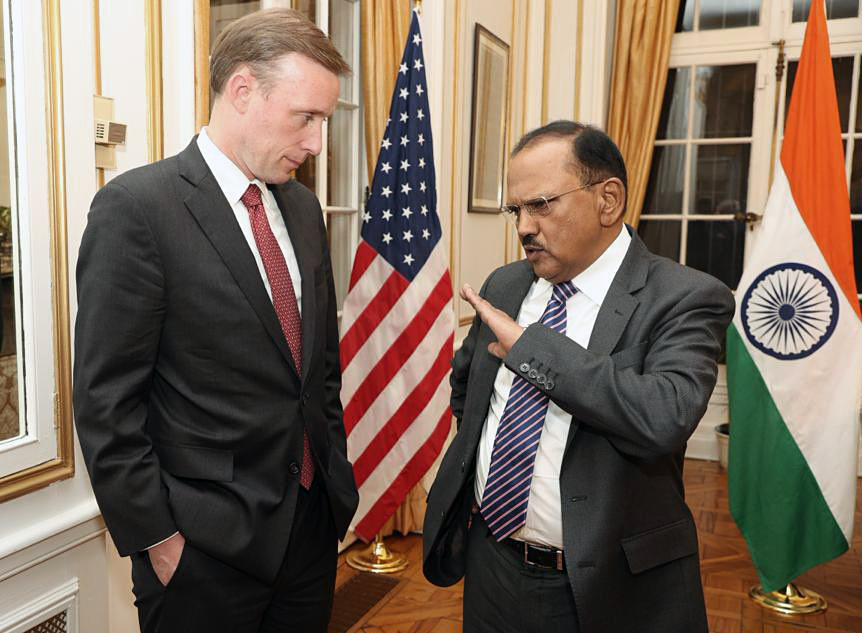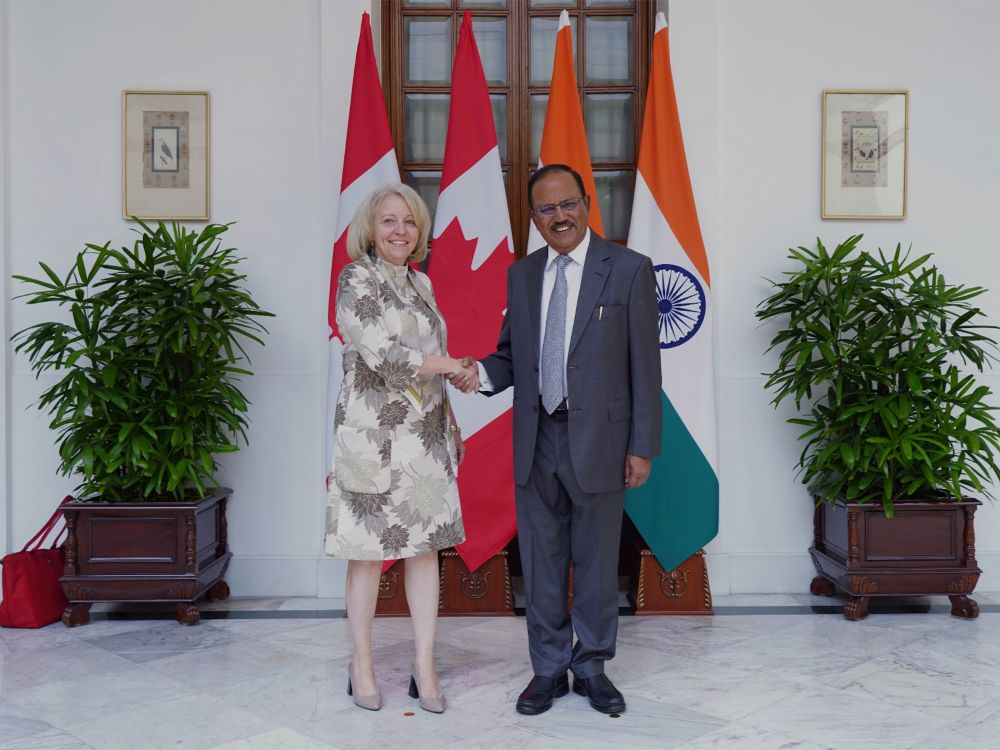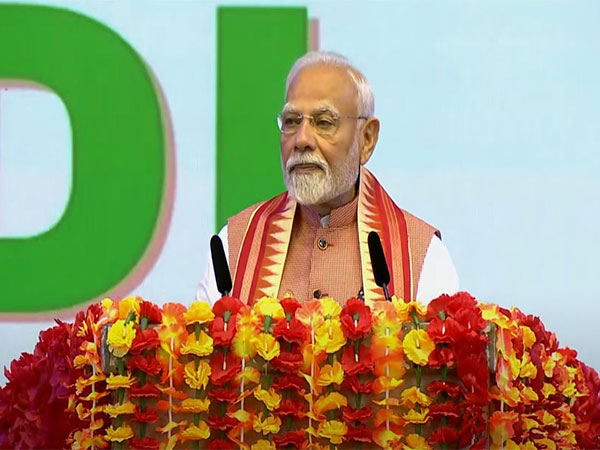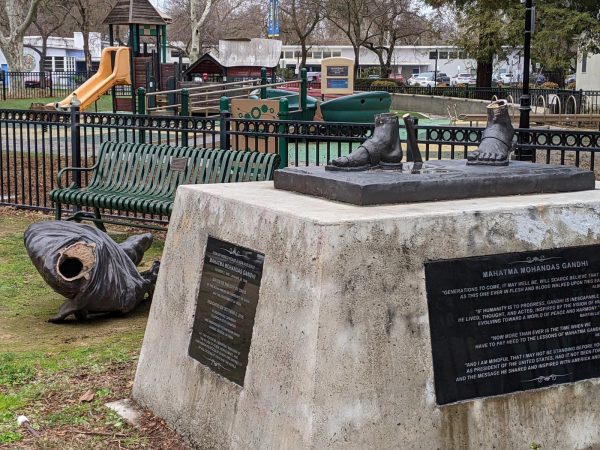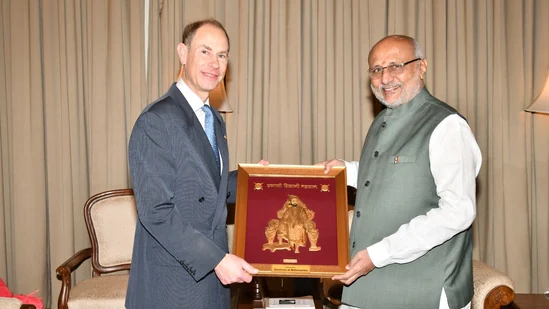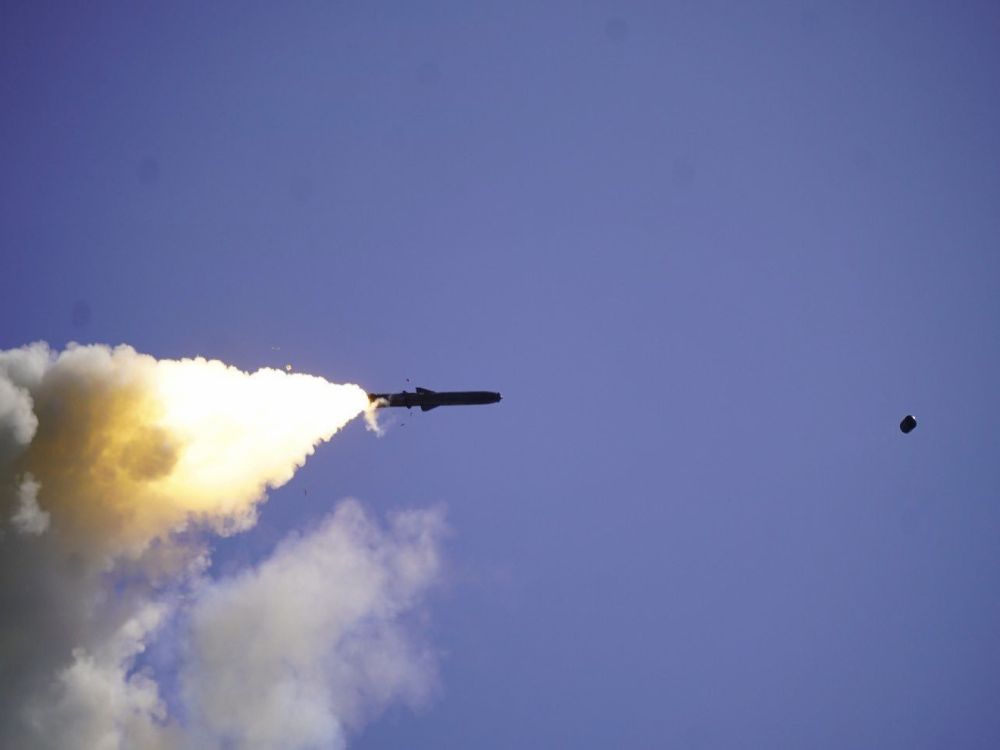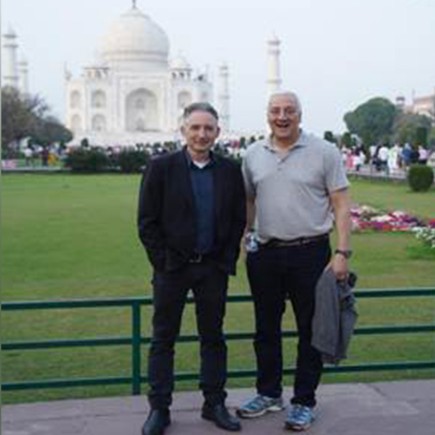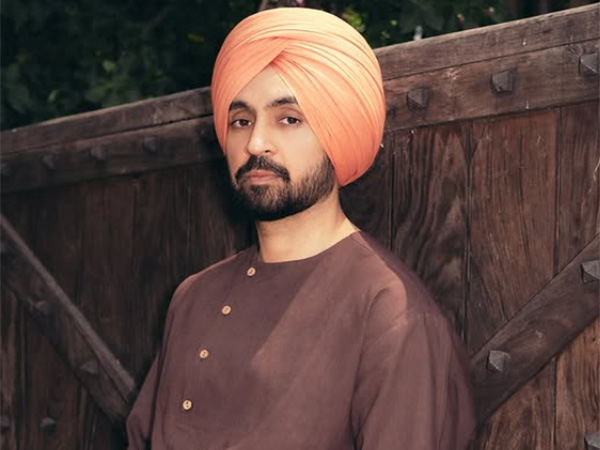After the US report, Canadian Prime Minister Justin Trudeau calls on the Indian government to cooperate with Hardeep Singh Nijjar
Our Bureau
Washington, DC/New Delhi/Toronto
In a major move on Wednesday, India said it has constituted a high-level enquiry committee to look into all the relevant aspects regarding the concerns shared by the United States on bilateral security cooperation. External Affairs Ministry spokesperson Arindam Bagchi said in a statement today that the Indian government will be taking “necessary follow-up action” based on the findings of the enquiry committee. “We have already said that during the course of discussions with the US on bilateral security cooperation, the US side shared some inputs pertaining to nexus between organized criminals, gun runners, terrorists and others,” Bagchi said in a statement.
“We had also indicated that India takes such inputs seriously since they impinge on our national security interests as well, and relevant departments were already examining the issue,” the statement added.
Meanwhile, Indian national Nikhil Gupta is currently in custody and has been charged with murder-for-hire, which carries a maximum sentence of 10 years in prison. Czech authorities had arrested and detained Gupta on June 30, pursuant to the bilateral extradition treaty between the United States and the Czech Republic.
The Justice Department claimed that in or about May 2023, CC-1 (an Indian government official) allegedly recruited Gupta to orchestrate the assassination of the activist in the United States.
At CC-1’s direction, Gupta allegedly contacted an individual whom he believed to be a criminal associate, but who was in fact a confidential source working with the Drug Enforcement Administration, a United States federal law enforcement agency under the US Department of Justice. The source it is alleged introduced Gupta to a purported hitman, who was a DEA undercover officer. The purported hitman was offered USD 100,000 to murder the Separatist leader, the Justice Department claims.
The charges contained in the indictment are merely accusations, and the defendant is presumed innocent unless and until proven guilty.
The unsealing of the indictment follows recent sharing of information by the US on a nexus between organised criminals, gun runners and terrorists.
On November 22, the MEA had informed that the US had shared some inputs pertaining to a “nexus between organized criminals, gun runners, terrorists and others” during the course of recent discussions on India-US security cooperation.

Bagchi had said that India takes such inputs seriously since it impinges on its own security interests as well. He said the inputs are the cause of concern for both countries and necessary follow-up action is being taken.
Earlier, the UK-based Financial Times published a report claiming that the US thwarted a plan to allegedly assassinate India-designated terrorist Gurpatwant Singh Pannun on American soil. US had informed India of concerns regarding the alleged plot to kill Pannun, the Financial Times reported quoting people familiar with the matter.
However, the news report failed to elaborate whether the Federal Bureau of Investigation (FBI) in the US was involved in the thwarting of the plan nor does it mention the specific nature of the communication between the US and India.
The news report citing people familiar with the matter goes on to claim, that US federal prosecutors have filed a sealed indictment against at least one alleged perpetrator of the plot in a New York district court.
Now, foreign Policy experts have reacted to the indictment filed by the United States Justice Department against an Indian national for his alleged involvement in a foiled plot to assassinate a US-based leader of the Sikh separatist movement and a citizen in New York. Most policy experts feel that this is unlikely to have any impact on Indo-US ties with deep trust between the two sides.
On Wednesday, the US Justice Department claimed that an Indian government employee (named CC-1), who was not identified in the indictment filed in a federal court in Manhattan, recruited an Indian national named Nikhil Gupta to hire a hitman to carry out the assassination, which was foiled by US authorities.
In his post on X, Michael Kugelman the South Asia Institute Director at The Wilson Center said that the Indo-US strategic relationship was too big to fail.
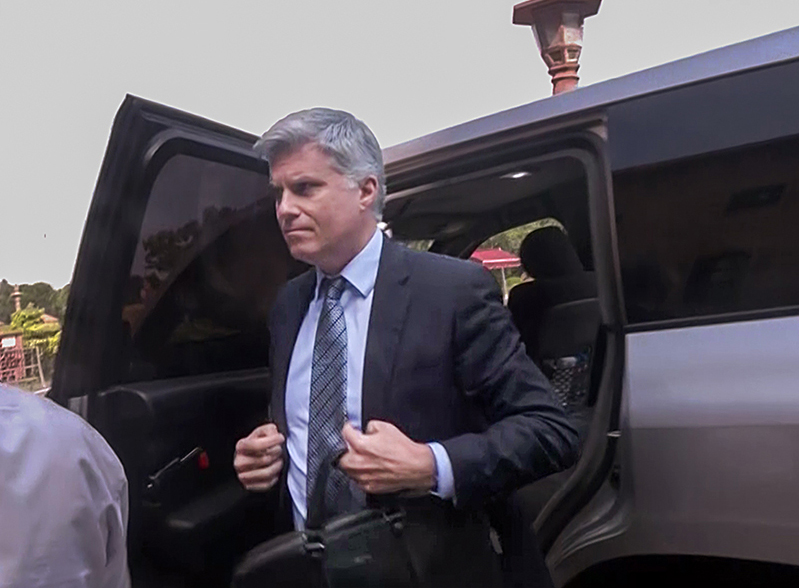
“Even w/more info known about the plot, I still think damage to US-India ties will be modest. White House knew of plot in July, but no cancelation of later high-level meets (Biden/Modi at G20, 2+2). US didn’t retaliate, just said it shouldn’t happen again. A relationship too big to fail. I don’t want to underplay the significance of this a strategic partner carrying out an assassination on US soil. With many/most other countries, the relationship would be torpedoed. But ample trust/strategic considerations loom large. Also leads to free passes most don’t get” Kugelman said in his post on X.
In its indictment, the US Justice Department has claimed that, earlier this year, an Indian government employee working together with others, including Gupta, allegdly directed a plot to assassinate a political activist who is a US citizen of Indian origin residing in New York City. It is claimed that Gupta, is an associate of CC-1, and has described his involvement in international narcotics and weapons trafficking in his communications with CC-1. The indictment claims CC -1 directed the assassination plot from India.
Derek J Grossman, National Security and Indo-Pacific analyst at the RAND Corporation says that Washington DC recognises the importance of India. “India has virtually nothing to worry about after today’s explosive news. Reality is DC needs New Delhi far more than other way around due to Biden admin’s Indo-Pacific strategy to counter China. But US leeway isn’t unlimited and more bad behavior could chip away at recent gains,” Grossman said in his post on X.
Lisa Curtis, Director of the Indo-Pacific Security Program at the Center for a New American Security however felt that India needs to cooperate with the US to address the issue. “India should cooperate fully and immediately with US to address this shocking development or risk hard-fought progress in US-India relations,” Curtis said in her post on X.
In another related development, following Canadian Prime Minister Justin Trudeau’s recent call for India’s cooperation in the investigation of the killing of India-designated terrorist Hardeep Singh Nijjar, former diplomat TP Sreenivasan said that India is not involved in such activities. “So, it’s a complex issue, but, I certainly know that India is not involved. So, there could be some misunderstanding on again, because India is not in this kind of business,” Sreenivasan said.
On Wednesday, Canadian Prime Minister Justin Trudeau called on the Indian government to cooperate with Canada in the investigation of the killing of India-designated terrorist Hardeep Singh Nijjar, CBC News reported.
Sreenivasan emphasised that there might be some misunderstanding, saying, “So it’s a complex issue, but I certainly know that India is not involved. There could be some misunderstanding because India is not in this kind of business.” He further explained that the lack of proof or evidence raises doubts about the accuracy of the allegations.
Addressing the unexpected nature of the news, Sreenivasan mentioned a similar story carried by the Financial Times a few days earlier, expressing surprise at the lack of concrete evidence. He acknowledged the complexity of the issue but reiterated that India does not engage in such activities.
“Well, this is a news which has come out of the court, but a few days ago, the Financial Times carried the same story. And, that time, everybody was quite surprised as to how this happened. Because there is no proof or evidence or anything like that,” said Sreenivasan.
The former diplomat acknowledged the relations between India and the United States but clarified, “There is no deliberate attempt on the part of the United States to accuse India.” He pointed out that once an issue goes to court in the US system, it is up to the court to decide whether to reveal details.
















